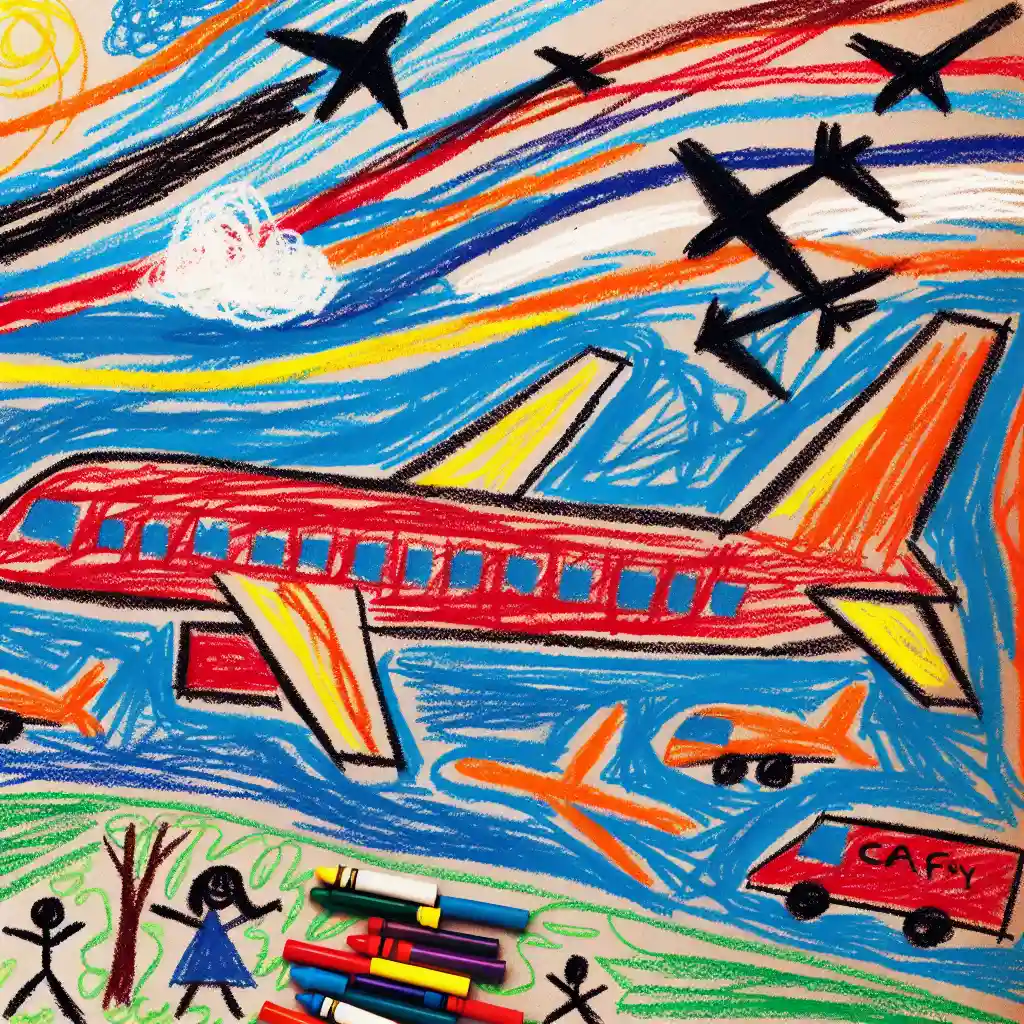Flights grounded as Russia’s largest airline Aeroflot hit by cyberattack

Explain Like I'm 5
Imagine you have a big, fancy toy airplane that needs a remote control to fly. One day, someone sneaky plays a trick and takes the remote control away. Now, your airplane can't fly until you get the control back, right? Well, something similar happened to Aeroflot, Russia's biggest airline. Some cyber tricksters (hackers) attacked their computer systems, which are like the remote controls for scheduling and managing flights. Because of this, Aeroflot couldn't fly their airplanes for a while, just like your toy plane couldn't fly without its remote!
Explain Like I'm 10
Aeroflot, the largest airline in Russia, recently had a big problem. Imagine your computer or video game console suddenly stopped working because someone from far away decided to mess with it online. That's kind of what a cyberattack is like. Hackers attacked Aeroflot's computer systems, which are super important because they help manage all the flights, book tickets, and keep everything running smoothly.
Because of the cyberattack, Aeroflot had to stop many of their flights, just like how your favorite online game would stop working if it got attacked. This caused a lot of problems for people who wanted to travel. The Russian government is very serious about this, and they've started a criminal investigation to find out who did it and how to stop it from happening again. It's like when something goes wrong at school, and the teachers try to figure out what happened and make sure it doesn't happen again.
Explain Like I'm 15
Aeroflot, which is the biggest airline in Russia, was recently hit by a significant cyberattack. This attack targeted their essential computer systems, which manage flight schedules, ticket bookings, and other critical operations. Essentially, hackers infiltrated these systems and disrupted their normal functioning, leading to widespread grounding of flights.
Cyberattacks like this are serious because they not only disrupt daily operations but also pose security risks and can lead to financial losses and damage to the company's reputation. In response, the Russian prosecutor has launched a criminal investigation to uncover who was behind the attack and their motives, which could range from financial gain to political motives.
This incident underscores the growing importance of cybersecurity in the aviation industry, a sector that relies heavily on digital technologies for its operations. The broader implications include potential shifts in international policies on cyber warfare and cybersecurity, increased investments in protecting infrastructure, and possibly, more stringent regulations for cybersecurity measures within the industry.
The experts' consensus is that as industries like aviation become more digitally interconnected, the frequency and severity of cyber threats will likely increase, necessitating more robust defenses and rapid response strategies. What happens next could set precedents for how similar situations are handled globally in the future.
Want to read the original story?
View Original Source